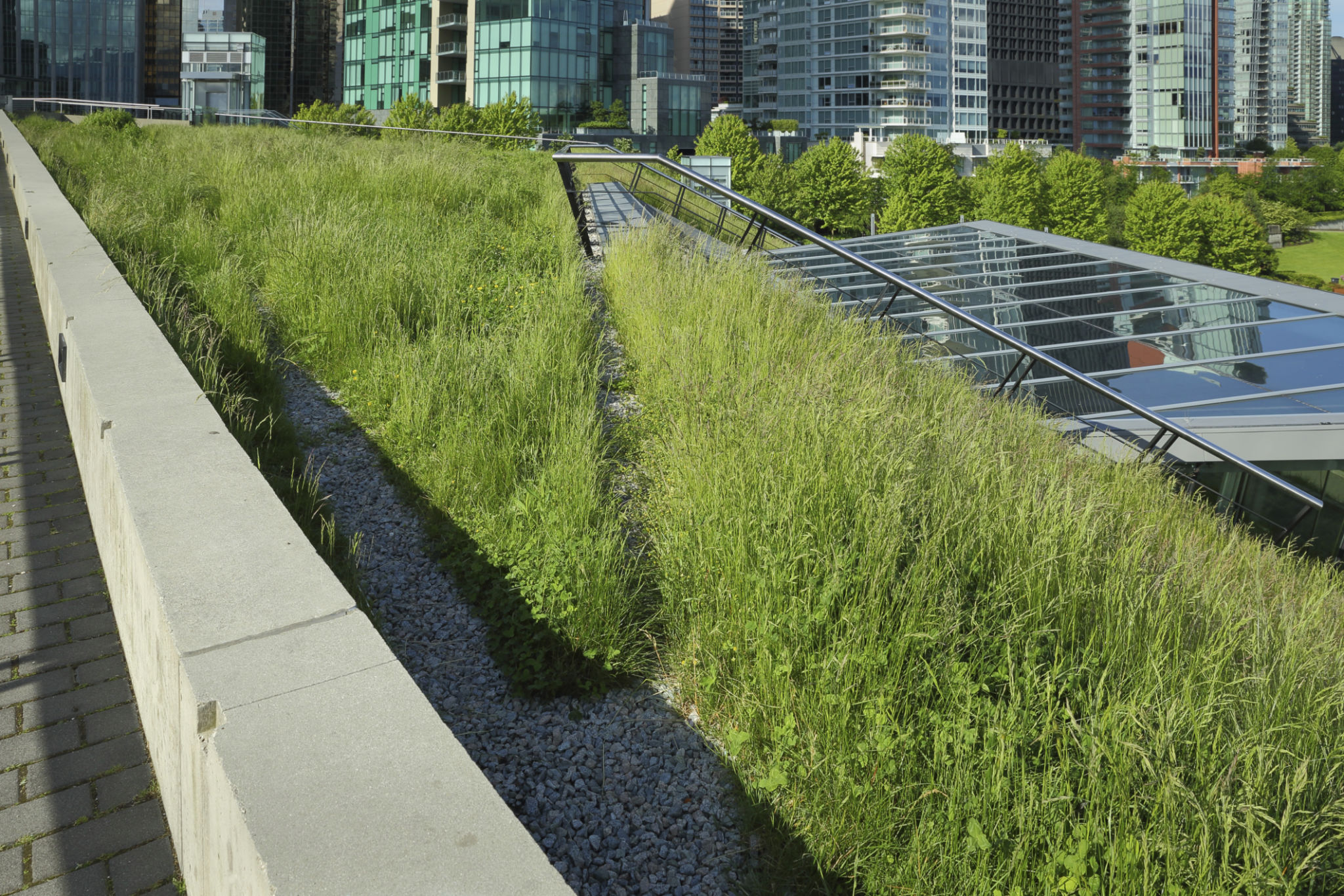Benefits of City-Based Farming: Transforming Urban Landscapes in Malawi
LW
Introduction to Urban Farming in Malawi
Urban farming is a revolutionary approach to agriculture that is transforming city landscapes across the globe. In Malawi, this practice is gaining traction as urban areas continue to expand. By integrating farming into city environments, Malawi is addressing food security, economic growth, and environmental sustainability.
Enhancing Food Security
One of the primary benefits of city-based farming in Malawi is the enhancement of food security for urban populations. With more people moving to urban areas, the demand for food has increased significantly. Urban farms provide a local source of fresh produce, reducing the dependency on rural farms and minimizing transportation costs.

Economic Growth and Employment Opportunities
City-based farming is not just about providing food; it also offers significant economic advantages. By creating jobs related to production, distribution, and sales, urban agriculture can stimulate local economies. This is particularly beneficial in Malawi, where unemployment rates are high and opportunities for income are limited.
Moreover, urban farming encourages entrepreneurship. Individuals and small businesses can engage in innovative farming practices, such as rooftop gardens or vertical farming, adding value to the local economy.
Environmental Benefits
Urban agriculture plays a crucial role in promoting environmental sustainability. By incorporating green spaces within city landscapes, urban farming helps to improve air quality and reduce urban heat. These farms also encourage biodiversity, providing habitats for various species within city limits.

Additionally, city-based farming reduces the carbon footprint associated with food transportation. Locally sourced produce means fewer emissions from vehicles transporting goods from rural areas to cities.
Community Building and Social Impact
Urban farms can strengthen community bonds by bringing people together around a common goal—growing food. Community gardens serve as hubs for education and social interaction, fostering relationships among residents. This collective effort can lead to a greater sense of ownership and pride within neighborhoods.

Challenges and Future Prospects
While city-based farming presents numerous benefits, it also faces challenges such as limited space and resources. However, with innovative solutions like hydroponics and aquaponics, these challenges can be mitigated. The future of urban agriculture in Malawi looks promising, with potential for technological advancements to further enhance productivity.
In conclusion, city-based farming is proving to be a transformative force in Malawi's urban landscapes. By addressing food security, economic development, and environmental sustainability, urban agriculture holds the key to a more resilient future for Malawi's cities.
